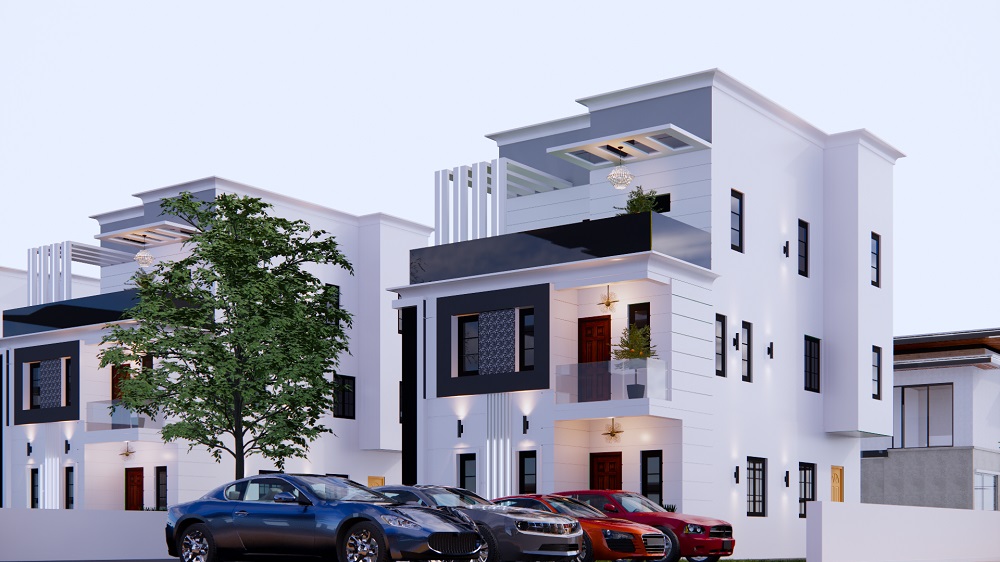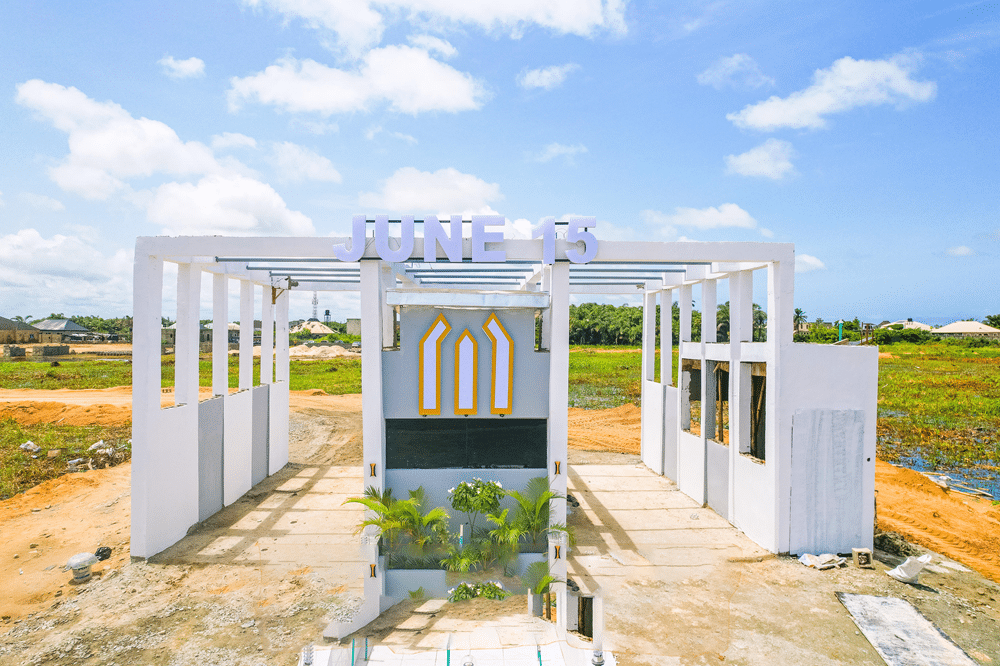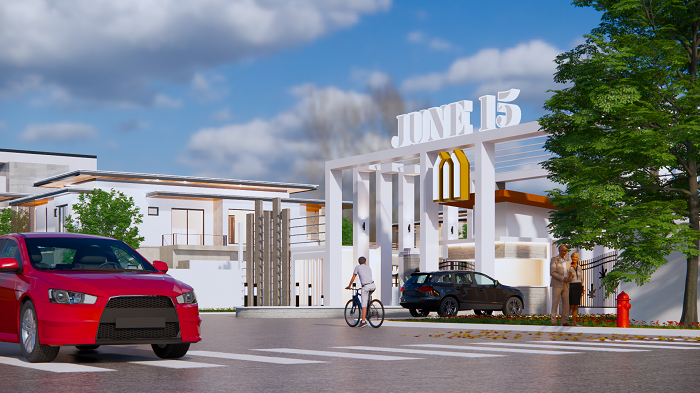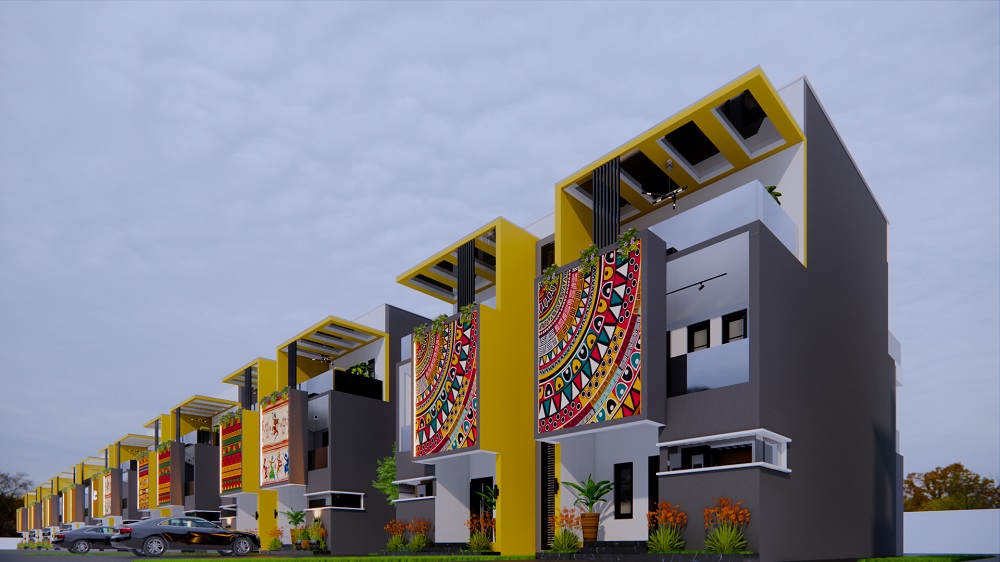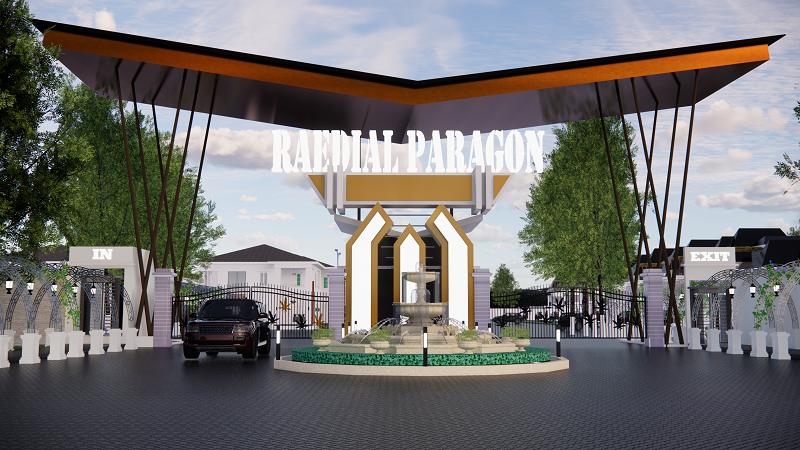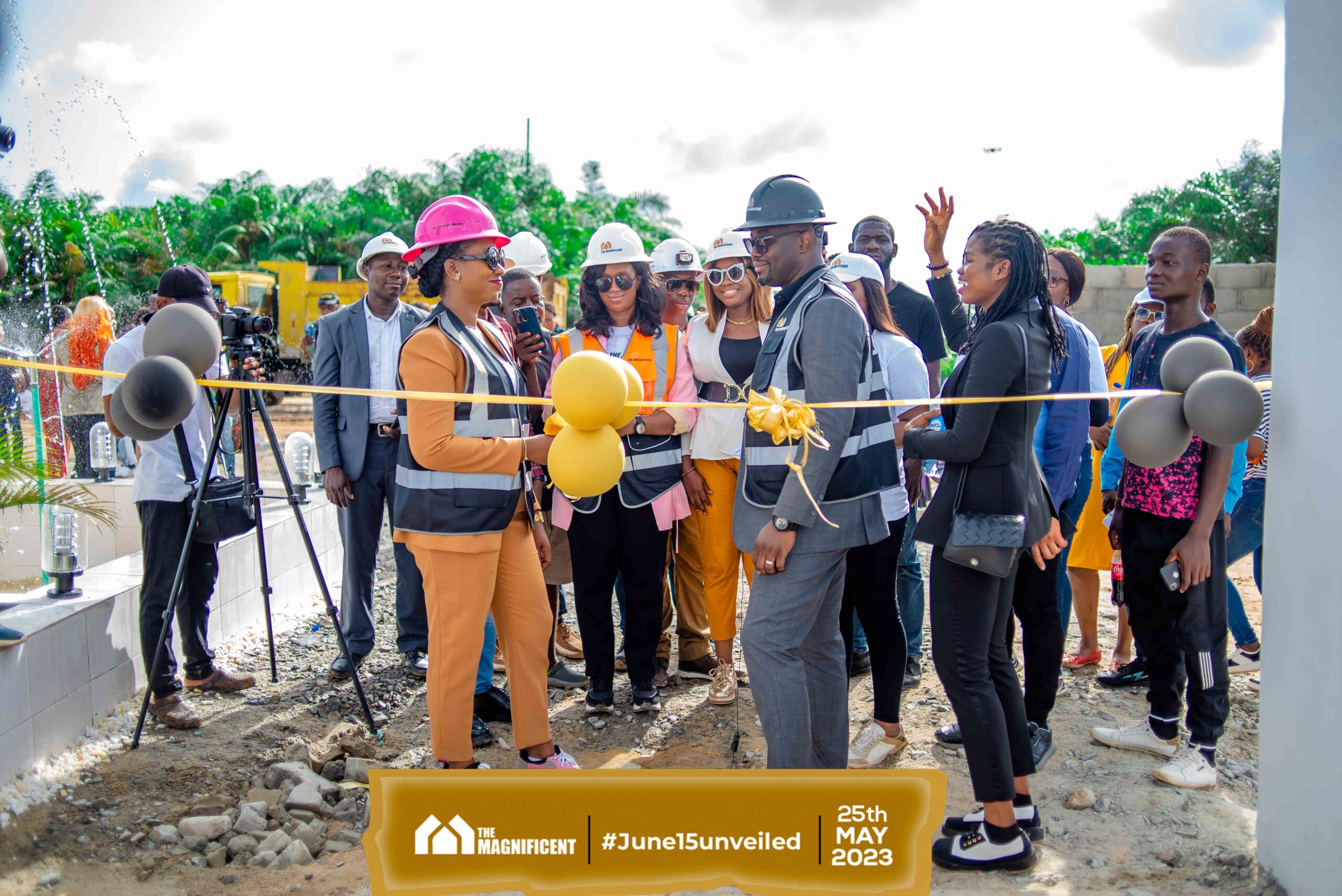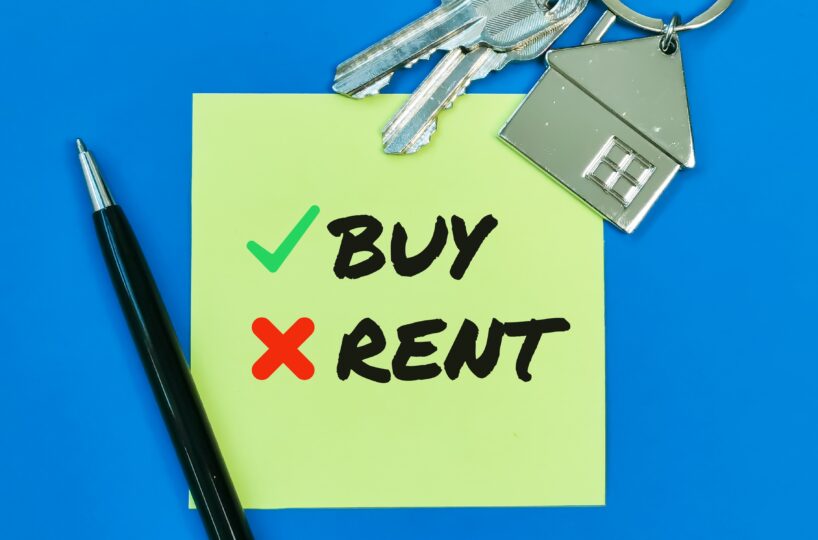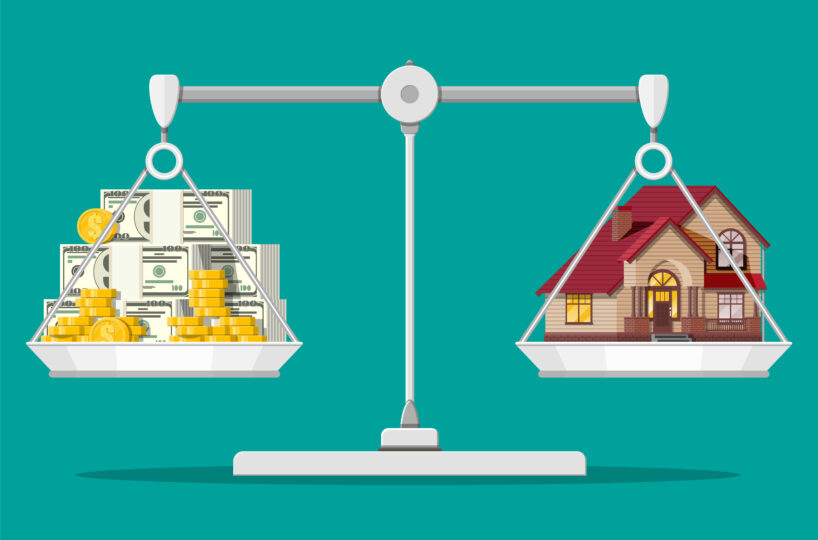Renting vs. Buying in Nigerian Real Estate: Navigating the Pros and Cons for Informed Decisions
The decision to rent or buy a property is a significant milestone in anyone’s life, and the Nigerian real estate market offers a myriad of options. Each choice comes with its set of advantages and disadvantages, making it crucial for prospective homeowners and tenants to weigh their options carefully. In this blog post, we’ll delve into the pros and cons of both renting and buying in the Nigerian real estate landscape to help you make an informed decision.
Renting: Pros and Cons
Pros:
- Flexibility: Renting provides a high degree of flexibility, making it suitable for individuals who might anticipate changes in their work or personal life.
- Lower Initial Costs: Renting typically requires lower upfront costs compared to buying a property. There’s no need for a hefty down payment, and maintenance costs are usually the responsibility of the landlord.
- Less Financial Risk: Renters are shielded from market fluctuations and property value depreciation, providing a level of financial security.
Cons:
- Limited Control: Renters have limited control over the property. Major modifications or even simple changes may require the landlord’s approval.
- No Equity Building: Unlike homeowners, renters don’t build equity over time. Monthly payments contribute to the landlord’s investment rather than the renter’s wealth.
- Rent Increases: Rent is subject to periodic increases, and tenants may find themselves facing rising costs over time.
Buying: Pros and Cons
Pros:
- Building Equity: Homeownership allows individuals to build equity over time, essentially investing in their own property.
- Stability: Owning a home provides a sense of stability and security. It eliminates the uncertainty associated with rental agreements and the possibility of eviction.
- Customization: Homeowners have the freedom to customize and modify their property to suit their preferences without seeking permission.
Cons:
- High Initial Costs: The initial costs of purchasing a home, including the down payment, closing costs, and other associated fees, can be significantly higher than renting.
- Maintenance Responsibility: Homeowners are responsible for all maintenance and repair costs. This includes unforeseen expenses that can arise, such as a leaky roof or a malfunctioning HVAC system.
- Market Volatility: Property values can fluctuate due to economic conditions, and homeowners may be affected by market downturns.
Making the Right Choice: Consider Your Lifestyle and Financial Goals
When deciding between renting and buying in the Nigerian real estate market, it’s essential to align your choice with your current lifestyle and long-term financial goals. Consider factors such as job stability, financial readiness, and personal preferences.
If you value flexibility and lower initial costs, renting might be the suitable choice. On the other hand, if you seek stability, equity building, and the freedom to personalize your space, homeownership could be the ideal path.
Ultimately, the decision between renting and buying hinges on individual circumstances. Take the time to evaluate your current situation and envision your future goals. In the dynamic landscape of Nigerian real estate, the right choice is the one that aligns with your unique aspirations and financial capabilities.

